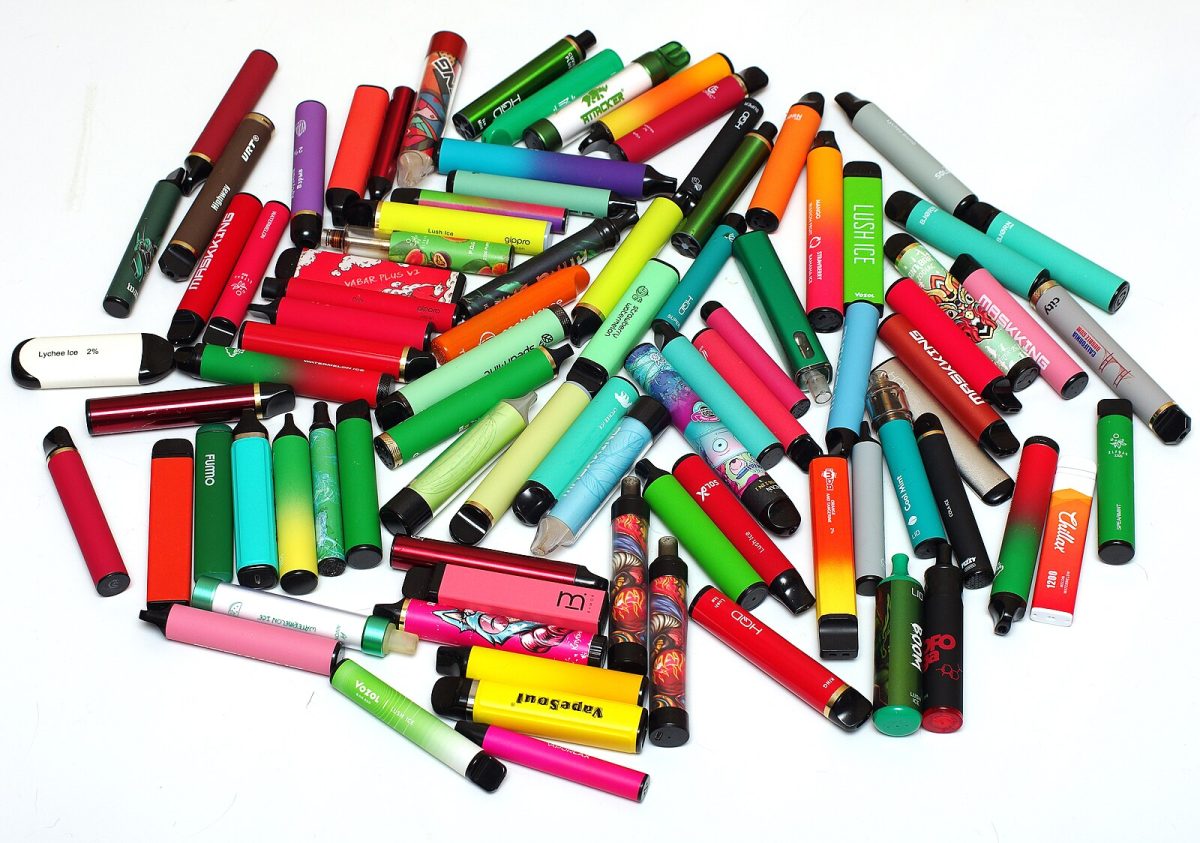Even back in Kindergarten, you knew the danger and problems rumors could cause. Every video lesson and guidance meeting throughout elementary school taught us what not to say and when not to say it. Once middle school started, every moral lesson given to us suddenly fell back to the farthest part of our minds. Rumors flourished during the next three years until some people became mature enough to realize the trouble they cause.
The harmful effects of rumors grow every year from kindergarten into adulthood. In high school, a particular rumor could lead to serious accusation and even investigation. When you reach 18, a rumor suddenly becomes much more than just a lie –it transforms into libel or slander. Breaking the habit sooner rather than later decreases the chance that lying and libel integrate themselves into your everyday life. Potentially, an idea you create could damage the integrity of a group, club or person.
Although not all rumors start with ill-intent, false statements can spread and suddenly are believed to be true. The American Psychological Association defines rumors as “public communications that are infused with private hypotheses about how the world works.” Though “hypotheses,” or personal opinions, may not be meant to criminalize or victimize another, they could be taken as the truth.
Grady ran rampant with rumors on the day a students’ gun sent the school into hard lockdown. Once students realized the lockdown started because of a truly dangerous scenario, the mystery of the danger sparked students’ imaginations. Rumors of a stranger on campus and a serious threat rode on text messages between my peers and me. Although some ideas were close, none of the original rumors were the truth. The actual scenario turned out to be much more mild than it was hyped up to be.
Rumors build on top of one another and grow due to the snowball effect. Once a rumor starts, it continues to grow bigger and bigger as more people talk about it and even change the shape of the story. Reckless rumors without ill-intent, however, are not the only dangerous lie. In grade school, gossip takes up a significant amount of time.
Talking about what’s new in other people’s lives fuels conversations everyday at Grady. Gossip takes someone’s personal business and displays it among the rest of their peers and often happens on the internet.
The APA defines gossip as “small talk” or “idle talk,” but gossip is hardly inconsequential or without purpose. Gossip that starts as a normal conversation, however, hides a true purpose. Gossip can be used on large or small scales to reveal parts of someone’s life or your own. Using your ability to spread information so easily, whether it be on Facebook or Instagramming, allows a person’s private business to transform to public almost instantly.
Drama on the internet can easily morph into drama in real life. Fights that have started from arguments on twitter occur on a regular basis. A couple of indirect statements made about another person can still be classified as a rumor and a part of gossip, even if you merely tweet it. The power of a rumor lies in its ability to expand and stretch the truth, usually for the worst.
Whether or not you accidentally spread a rumor or start gossiping about another, it could eventually develop more problematic situations. A small problem in a school can be mistaken as a catastrophe. Someone’s personal life is no different. A secret of should not publicized. Even a guess or hypothesis about something we don’t know to be certain can eventually become true in the minds of others. As Adele says, “rumor has it”, but we shouldn’t let rumors consume our lives.






